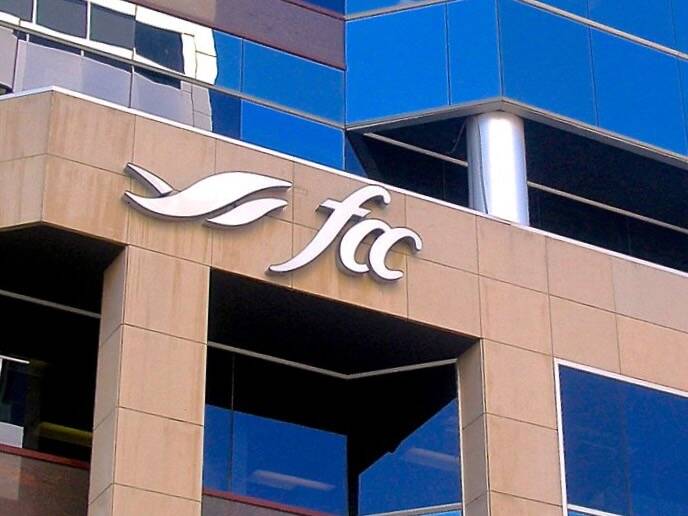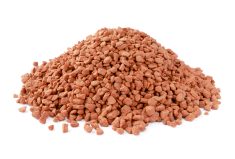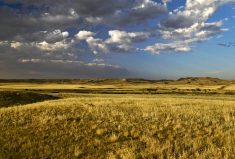A pilot project to revitalize the “kidney” of Lake Winnipeg will be delayed until next year due to red tape, the project committee announced August 30.
“Every day that passes by is a day the Netley Marsh (which is the largest coastal wetlands in North America) could begin its journey back to being a healthy functional marsh once again and helping Lake Winnipeg,” Steve Strang, the Manitoba director of the Red River Basin Commission, told the Manitoba Co-operator in an email.
Read Also

Farm Credit Canada forecasts higher farm costs for 2026
Canadian farmers should brace for higher costs in 2026, Farm Credit Canada warns, although there’s some bright financial news for cattle
The Netley-Libau Marsh, at the base of Lake Winnipeg in the RM of St. Clements, once acted as a filter, removing harmful nutrients from the water flowing into Lake Winnipeg. The marsh has now deteriorated significantly, according to the Netley Marsh Restoration Pilot Project website.
The deterioration is due in part to flooding of the marsh caused by sediment buildup at the Red River mouth. The project would dredge areas of the river and use the sediment material to construction sediment “shelves” in Hardman Lake, the project website says.
If the Netley marsh was restored to health, it could filter up to six per cent of the nutrient load that enters the system, and could reduce algae blooms in Lake Winnipeg, according to the committee’s news release.

Before the pilot can proceed, the project needs environmental licensing from the province and federal government, Strang said. He added the application must be circulated through several government departments before it can be approved.
This process is taking longer than expected.
“Though it is frustrating for the committee, we understand that due diligence is required to get it right,” Strang said.
“The thing is, there is nothing in the areas that we are much concerned about. The areas that we are looking at have no vegetation growth and the only fish seems to be the common carp which is an invasive species and is causing part of the problem,” said Strang. “The marsh is not a marsh right now. It is a muddy water waste hole.”
Strang added that the project committee will also have to ensure if funding is still secure, as it was approved to be used in a certain timeline.
“We are working with our many funding partners to ensure funds can stay in place as we develop a new timeline for a 2020 launch date,” Strang said in the news release. “Nutrient reductions to Lake Winnipeg are needed now so while the delay is disheartening it will give us more time to ensure that the project is a success.”
















